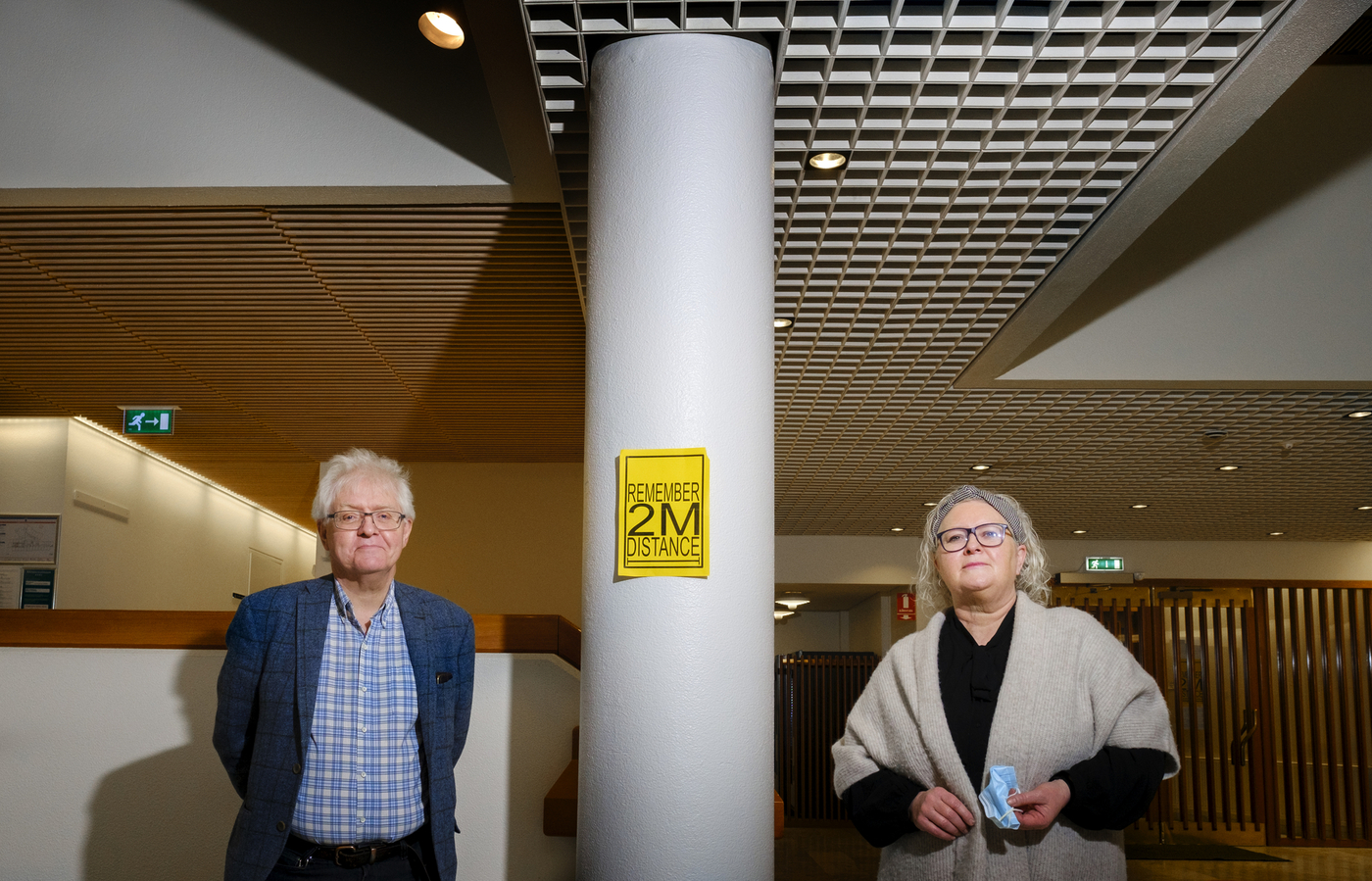"The COVID-19 pandemic is interesting from many perspectives; one of them being gender equality. The pandemic has dramatically upset industry and family life with the closing of workplaces, working from home and other factors. It is thus interesting to analyse whether there have been any gendered changes on the status and gendered interactions of parenthood," says Guðný Björk Eydal, professor at the University of Iceland's Faculty of Social Work, about a study she is working on with both domestic and international collaborators.
The study, Gender (In)equality in Times of COVID-19, was launched on the initiative of academics at Utrecht University in the Netherlands and researchers from different countries use the same questionnaire to be able to compare results later.
"We are trying to find out whether, and then how, governmental and workplace responses to the COVID-19 pandemic have impacted the position of fathers and mothers within and outside of the home." The study asks about the impact of the pandemic on the work situation and the home from the time it broke out until the assembly ban was partially lifted on 4 May here in Iceland," says Ingólfur V. Gíslason, professor of sociology at the University of Iceland, who is also working on this project in Iceland. Tómas Bjarnason, head of research in human resources and consultation at Gallup, is also working with Guðný and Ingólfur.
The study is based on a questionnaire designed by academics at the Universities in Utrecht, Amsterdam and Radboud in the Netherlands and has been translated into Icelandic. Gallup submitted the questionnaire to 1,337 individuals in Iceland in May and June last year. The participants are from the company's regular target group and are between 21 and 69 years old. One child under the age of 18 living in the respondent's home was a condition for participation. "The questions were on participation in the job market, care and quality of life of the respondent's and partner before the epidemic and after it began. The questions were on agreements and friction between couples on how to divide house work and paid work and caring for children," explains Guðný.
First results are available and they confirm, according to Ingólfur, that mothers generally carry a bigger share of the housework and care than fathers. "The results covering the first COVID-19 wave also show that mothers were more likely to work from home, in the evenings, and on week-ends than men, and were more prone to experience an increased workload. Fathers have, nonetheless, increased their participation in caring for their children during the pandemic, and to a small extent in housework as well," adds Ingólfur. He says that mothers experience slightly more increase in friction in the relationship than fathers, as well as imbalance between work and private life.
Guðný says, furthermore, that as Iceland is considered one of the leading countries in the world when it comes to gender equality and equal opportunities to full participation in the job market and family life; it will be extra interesting to see the comparison between countries in this respect.
Ingólfur adds that the research results are also important for society and equality matters worldwide regardless of the pandemic. "This study increases understanding of the status of men and women with respect to the job market and family life and can thus contribute to systemic measures toward gender equality in the future; e.g. when the next disease torments the world. It will, furthermore, be interesting to see the effect of keeping kindergartens and primary schools open and rather opt for ban on gatherings than a curfew in a global comparison.




